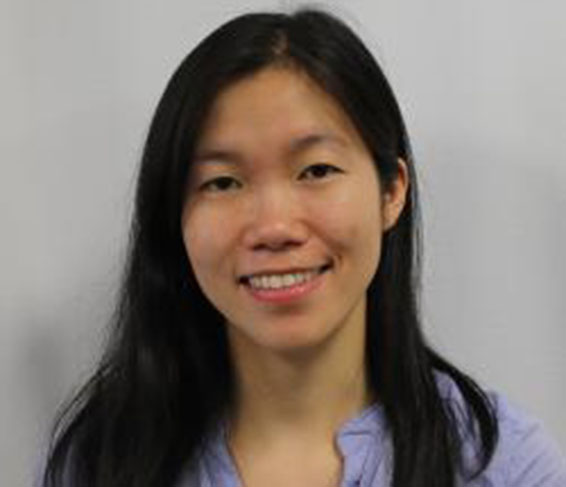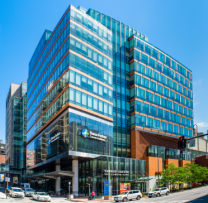
Amy Si-Ying Lee, PhD
Contact Information
Office Phone Number
5829322
Biography
Amy Si-Ying Lee, PhD
Amy S.Y. Lee PhD received her PhD in Virology at Harvard University in 2012, and then performed postdoctoral research on biochemical and cellular mechanisms of gene regulation at University of California – Berkeley. She joined the faculty in the Department of Biology at Brandeis University in 2016, and subsequently moved to join the DFCI Cancer Immunology and Virology and Harvard Medical School Cell Biology departments in Dec 2020.
Researcher
Physician
Principal Investigator, Cancer Immunology and Virology, DFCI
Assistant Professor of Cell Biology, Harvard Medical School
Recent Awards
- Pew Biomedical Scholar, 2018
- Searle Scholar, 2017
- Sloan Research Fellow, 2017
- Charles H. Hood Foundation Child Health Research Awards Program Fellow, 2017
Locations

Dana-Farber Cancer Institute
450 Brookline Avenue Smith 520A Boston, MA 02115Dana-Farber Cancer Institute

Dana-Farber Cancer Institute
450 Brookline Avenue Smith 520A Boston, MA 02115
42.3374, -71.1082
